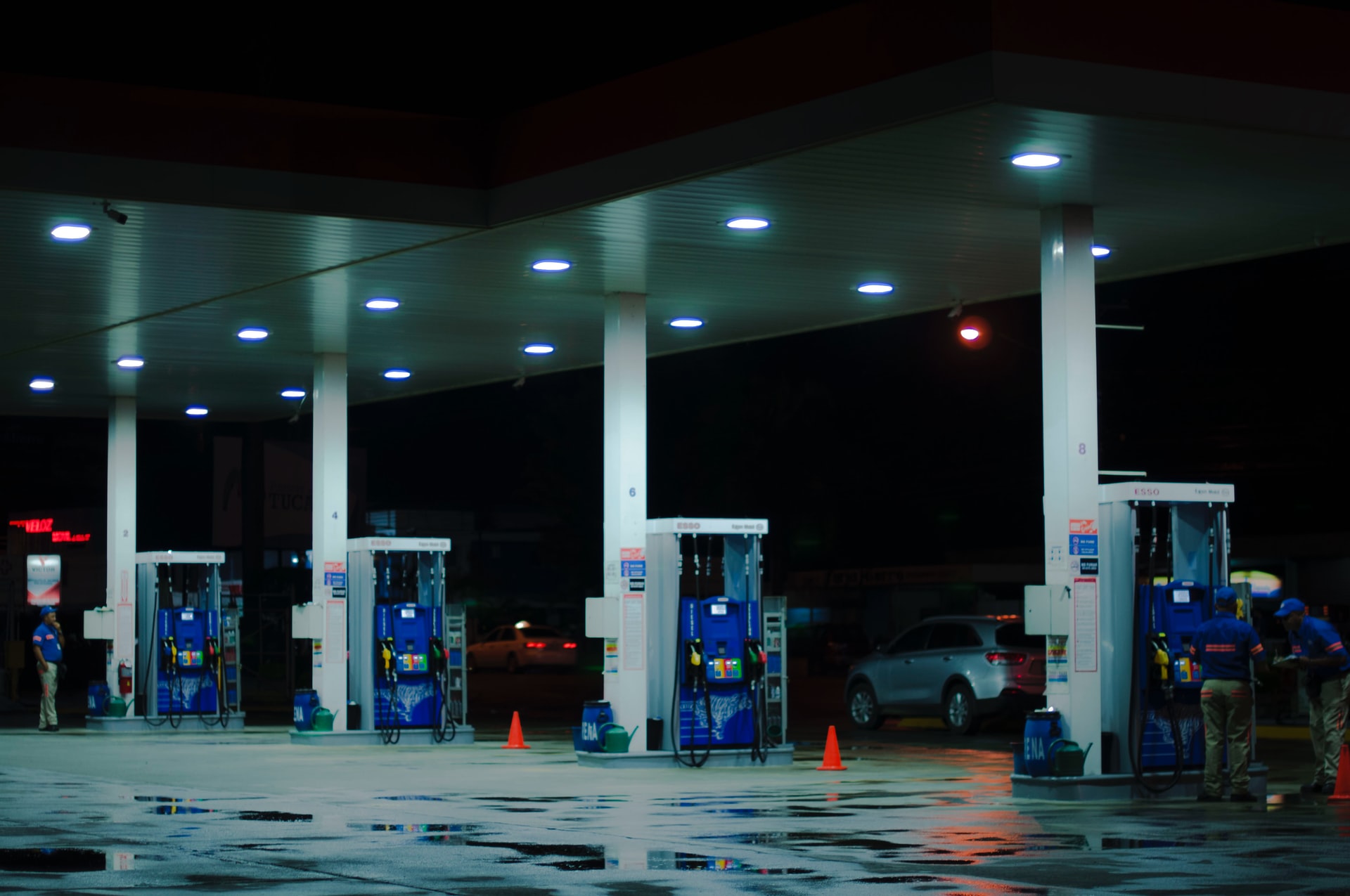

Germany extends lead in hydrogen refuelling stations
Germany, Austria and Denmark will get 250 new hydrogen refuelling stations by 2026 thanks to an agreement between multinational energy company Phillips 66 and Swiss hydrogen specialist H2 Energy.
The network of hydrogen stations will include existing JET petrol stations across the three countries, as well as some new sites on major transport routes.
It will see Germany extend its existing lead in hydrogen refuelling stations in Europe. At the end of last year, it had 101 of the continent’s 228, while Asia had about 360 and North America 86, of which 60 were in California, according to data from H2stations.org.

Germany, Austria and Denmark will get 250 new hydrogen refuelling stations by 2026
The UK, however, is lagging with just 19 hydrogen stations, seven of which are clustered in and around London.
Vehicles fuelled by hydrogen produce no emissions apart from water, while the fuel itself is carbon neutral when produced either through electrolysis of water with renewable energy (green hydrogen) or the carbon emissions are captured during traditional production (blue hydrogen).
Globally, a record 142 hydrogen refuelling stations opened in 2021, bringing the global total to 685, while a further 252 were in the pipeline, suggesting a new record will be set in 2022.
The Phillips 66—H2 Energy joint venture will bring together hydrogen supply, refuelling infrastructure and demand, which is expected to be boosted by H2 Energy’s stake in Hyundai Hydrogen Mobility, the European arm of its hydrogen fuel-cell truck business. H2 Energy sells an electrolyser-based hydrogen production solution and is building a 1 GW green hydrogen project in Esbjerg, Denmark.

North America currently has 86 hydrogen refuelling stations, of which 60 are in California, according to data from H2stations.org.
While the UK has been slow off the mark with the development of a hydrogen refuelling network at scale, there are plenty of projects in the pipeline. Last May, Element 2 announced plans to build 800 hydrogen pumps by 2027 and 2,000 by 2030 to serve the UK’s heavy goods and municipal vehicles.
In October, BP announced it will assess the feasibility of building a network of 25 hydrogen refuelling stations across the UK to support the rollout of fuel-cell trucks from Daimler Truck to UK customers from 2025.
Moreover, the many industrial hydrogen hubs being developed around the nation all have plans to use their production to power the vehicles that frequent them.
For instance, in November, the Port of Shoreham in West Sussex granted H2 Green permission to produce hydrogen through electrolysis to power the Port’s fleet of heavy goods vehicles and forklifts before ramping up production to serve the 800 HGVs that use Port of Shoreham daily for other organisations.
Then there are the numerous private hydrogen refuelling facilities provided by the likes of Ryze Hydrogen that serve municipal transport such as Wrightbus’s hydrogen buses.
The obstacle for the UK to avoid is falling foul of the chicken-and-egg problem that has held back the use of hydrogen in transport: a lack of refuelling infrastructure deters investment in hydrogen fuel-cell vehicles, which creates a lack of demand for refuelling stations.
Projects such as BP’s alliance with Daimler Truck and H2 Energy’s relationship with Hyundai show how this can be overcome by matching supply and demand.
To learn more about HYCAP click here.